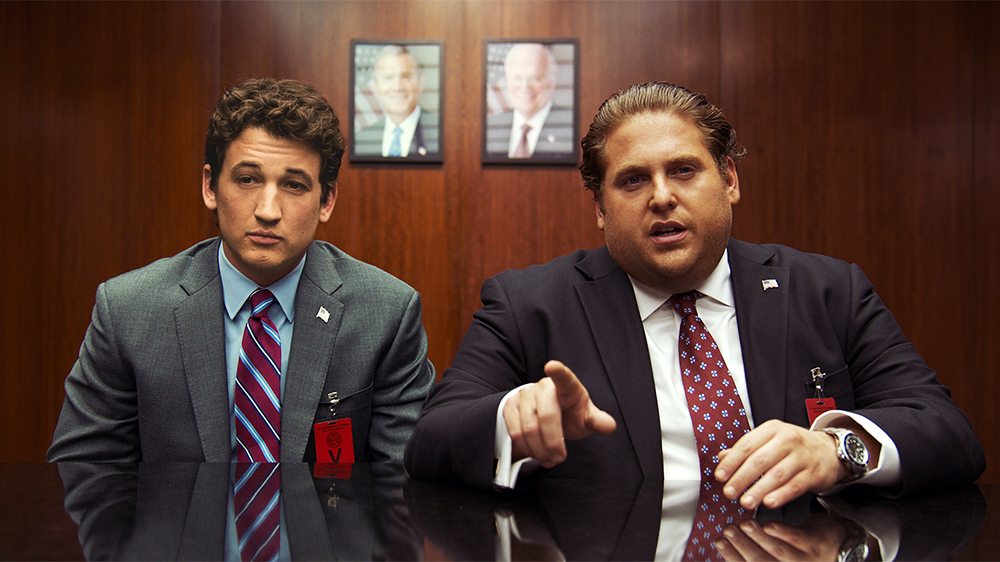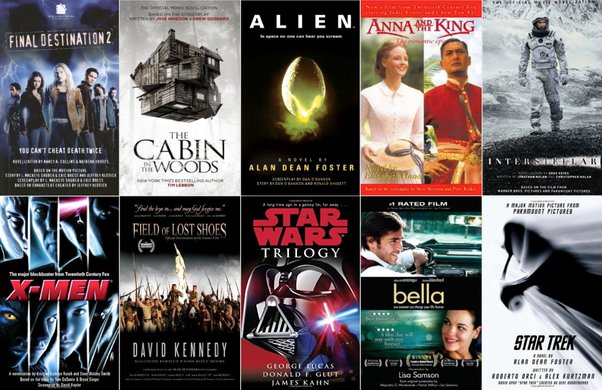About 15 years ago, Gai Lawson Lunch in New York with his editors at Rolling Stone. He was tired of covering drug wars in Mexico, and wanted to know what else he was interested.
“We want you to do stories about young people, who are doing mess-ups,” they were told.
The conversation led an article about two stoner weapons dealers, which became a book in Albania, which became a book and then starring the 2016 film “War Dogs”, Joah Hill and Miles Taylor.
“It was a great story,” says Lawson.
It also sued him. A year after the film’s release, Albanian Prime Minister’s son Shakelezen Berisha accused Lawson of defamation.
The suit went to the Supreme Court, which refused to hear it. But two Justices, Clarence Thomas and Neil Gorsach biased with Berisha and suggested that New York Times V. Sullivan, bullwark of sharp-corporate journalism, should be overturned for 60 years.
“It was a very weak case,” says Lawson. “But it seems part of a big effort as to what examples means and what is the formation of freedom of expression.”
Until some time ago, President Trump’s war on the press has been seen as a massive performance. Their trials may be time -taken and expensive, but ruined to fail, such as their threat to “open” the complaint laws.
But since winning the election, he is on a hot streak. In December, Trump received a defamation settlement of $ 16 million from ABC. Last week, Meta agreed to pay $ 25 million to kick Trump from Facebook. Some also fear that widespread efforts – Sulivan’s decision may also be strong by Trump’s associates.
“It seems that he is doing well on these threats against the press,” Samantha Barbas, the author of “Real Malis”, says a history of the Sulivan case. The 1964 decision set a high bar to prove defamation for public authorities. Barbas mentioned many recent challenges in this case: “I have no reason to believe that the movement will stop.”
According to Galp, confidence in media is low. Without Sulivan’s security, journalists could easily find themselves in front of incompatible injuries.
In a test last month in Panama City, Florida, CNN A report about Afghan refugees ordered paying more than $ 5 million unknown punitive damage to discredit a security contractor Zachari Young. His lawyer used the internal messages of reporters to determine the “nail” youth regardless of the facts.
Alex Markvard, the war reporter who led the story, defended his profession at the witness stand: “What you are describing, sir, reporting.”
The gamblers did not buy it. Forparason Katy Switanko told Diversity He came as Markvard “very arrogant”, and appeared that he was a personal vengeance against Young. He said that the jury wanted to send a message to all the media: “The general public is fed up with fake news and partial truth.”
Jane Kerteli, professor of media morality and law at the University of Minnesota, says the case acts as a useful reminder: “Don’t write anything that you don’t want to read the most hostile jury.”
Even holding a bad hand, CNN fought a battle. Prior to Sulivan, Barbas says that the press often returns to the dangers of the complaint from politicians.
She says, “The cases of complaint were used as a part of political war in the pre-culture era. “We are watching his resurrection.”
George Freeman of the Media Law Resource Center says that when there is an increase in political defamation cases, most of the “clear loser”. They also suspect that Sulivan will be overturned. “Institutionally, there are other problems in the court,” they say.
Lawson is not so certain. He believes that both Justices were targeting “responsible journalism”, and Sense General is afraid that Sulivan Roe V. Will go on the way to Wade.
“These cases have an element of the thug,” they say. “I think now I have cold in every conversation with an editor. Everyone is aware that it is moving towards some kind of climax. I understand that people are trying to trim their sails so that they are not what is raised as an example. ,



